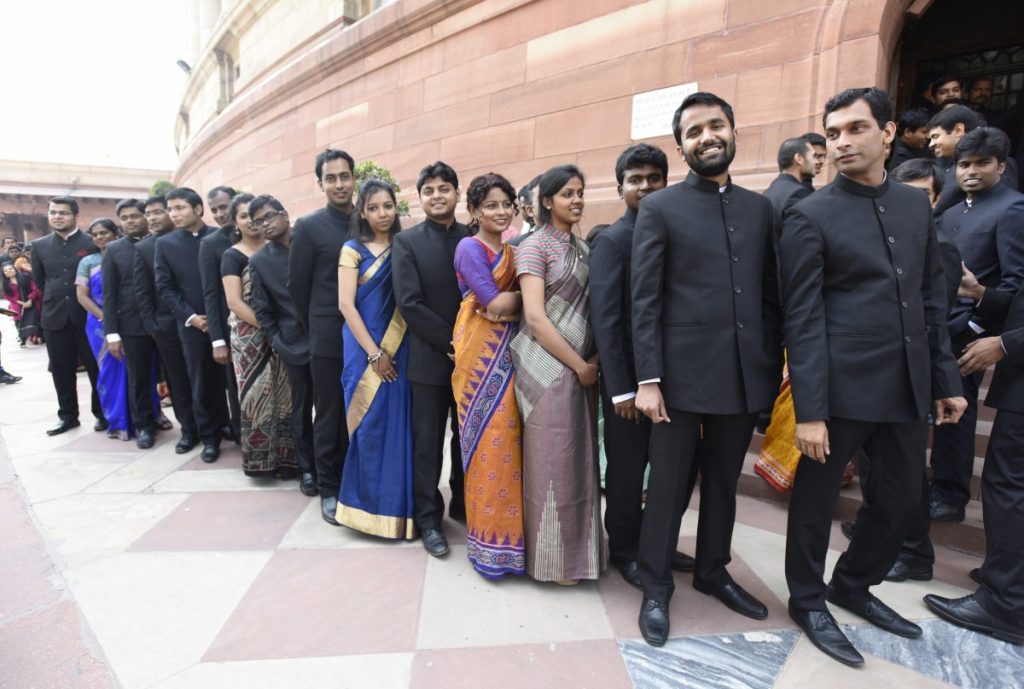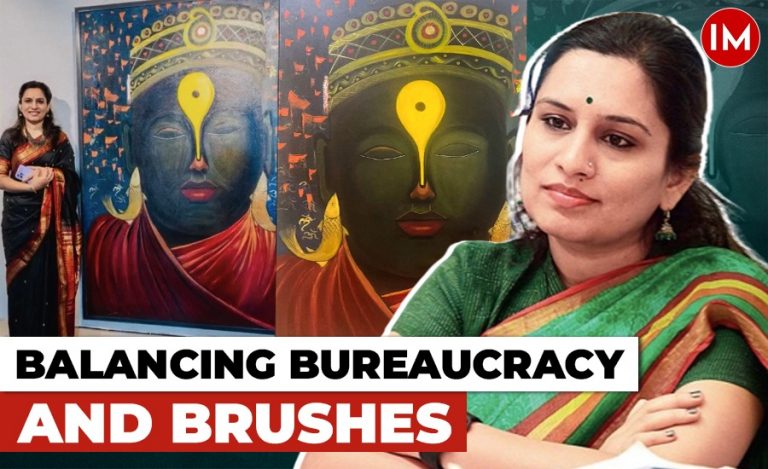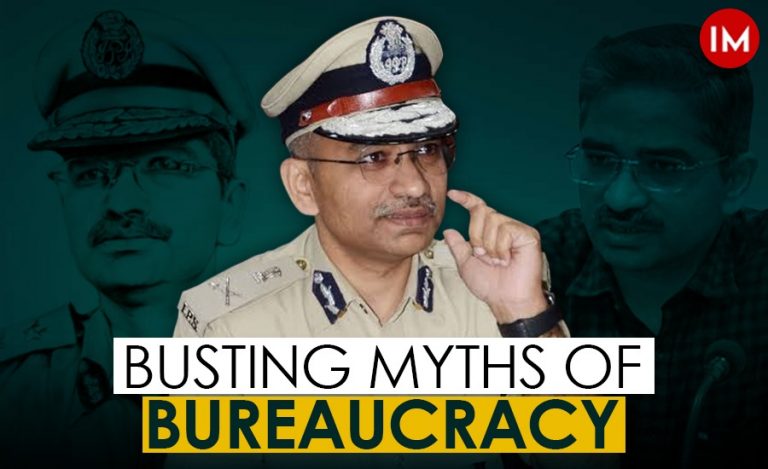When UPSC declared the Civil Services Examination 2020 results on 24 September, it was noticed that six out of the top 10 rank holders had engineering background. The majority were graduates from Indian Institute of Technology (IIT) of different states. If we take a look at toppers from the last decade, barring just two toppers – 2011 AIR 1 Shena Agarwal and 2015 AIR 1 Tina Dabi, all the other UPSC CSE toppers had an engineering background debunking the popular belief that the exam is easier to qualify for those with humanities background. Indian Masterminds makes an attempt to find out why engineers are making a beeline for civil services and why they seem to have it easy when it comes to cracking the UPSC exam.
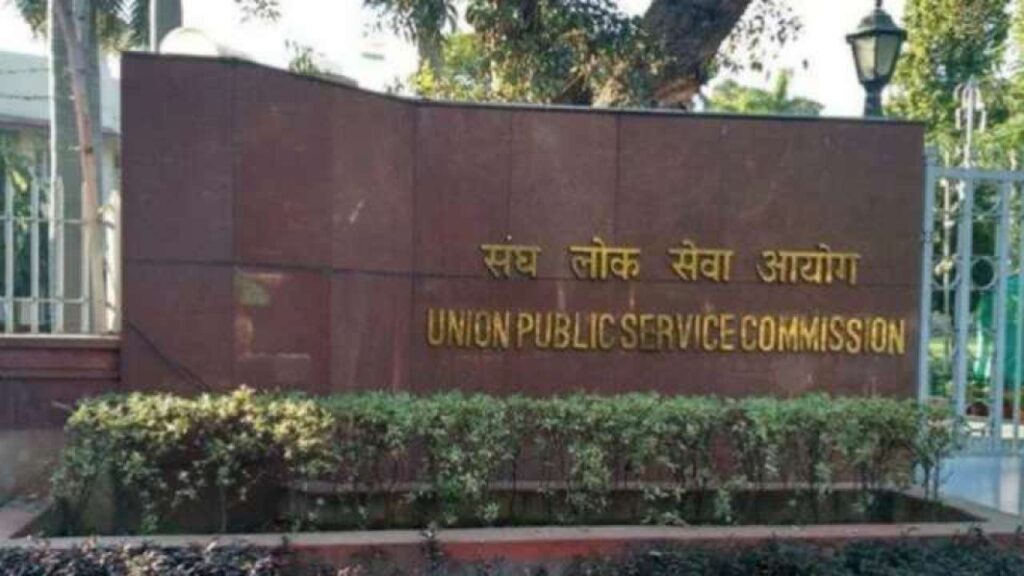
FROM ENGINEERING TO CIVIL SERVICES
Engineering is not an easy stream. It requires a great amount of hard work but it all seem worth it, since the graduates get good job placements after passing out from well known institutions such as IITs.
However, despite having a lucrative career in front of them and taking home fat pay cheques every month, many brilliant young engineers are increasingly getting attracted towards civil services. While some of them start their UPSC preparation right after their graduation, some try their hands in the corporate sector first and later quit to invest their full time in the preparation for one of the toughest exams in India.
According to stats and figures available on the official website of Department of Personnel and Training, the number of engineers qualifying for UPSC CS Examination has multiplied in the last 10 years. In 2019, the number might have been much higher than the official 27, as many officers with an engineering degree were placed under the ‘graduate’ category by the DoPT.

IIT GRADUATES RULE
Among this year’s top 10 rank holders of UPSC, AIR 1 Shubham Kumar, and AIR 8 Jivani Kartik Nagjibhai are IIT Bombay alumni, AIR 7 Praveen Kumar is a graduate from IIT Kanpur whereas AIR 3 Ankita Jain is from DTU Delhi.
Apart from these four candidates, a total of 17 students from IIT-BHU (Varanasi) cleared the exam. Owing to the increasing interest of its students in civil services, IIT-BHU now host regular counselling and knowledge-sharing sessions for the UPSC aspirants.
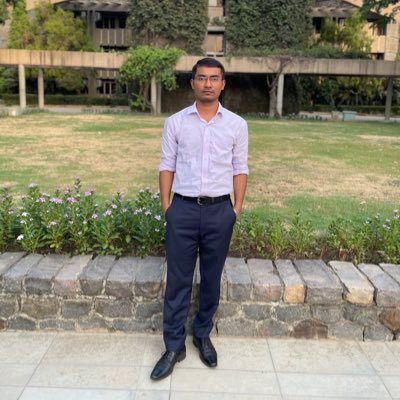
Acknowledging the increasing inclination of engineering students towards civil services, IIT (BHU) Varanasi Director Pramod Kumar Jain said that with access to better opportunities and increase in consciousness to serve society, the difference between civil services and a corporate career has almost disappeared. “Individuals from both sides of the job profile want to emphasise the need to build stronger communities. Eventually, civil services give direct access to do so. With respect to IITians, their vast alumni inspire them to build a good base to gain knowledge. In my opinion, that proves to be a huge advantage for them in qualifying this exam,” Mr. Jain said.
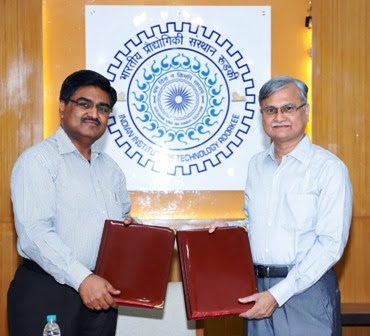
BETTER ANALYTICAL SKILLS
Experts highlight the analytical skills engineers gain while preparing for the engineering entrance examination and during their graduation as the key factor that gives them an edge in the prelims.
AIR 2 Jagrati Awasthi is a BTech graduate. She explained that engineers qualify CSE because of their good analytical aptitude as a result of undergoing four-year engineering studies. However, “it is a candidate’s hard work and determination, irrespective of their background, that help them crack a competitive exam like Civil Services,” she said.
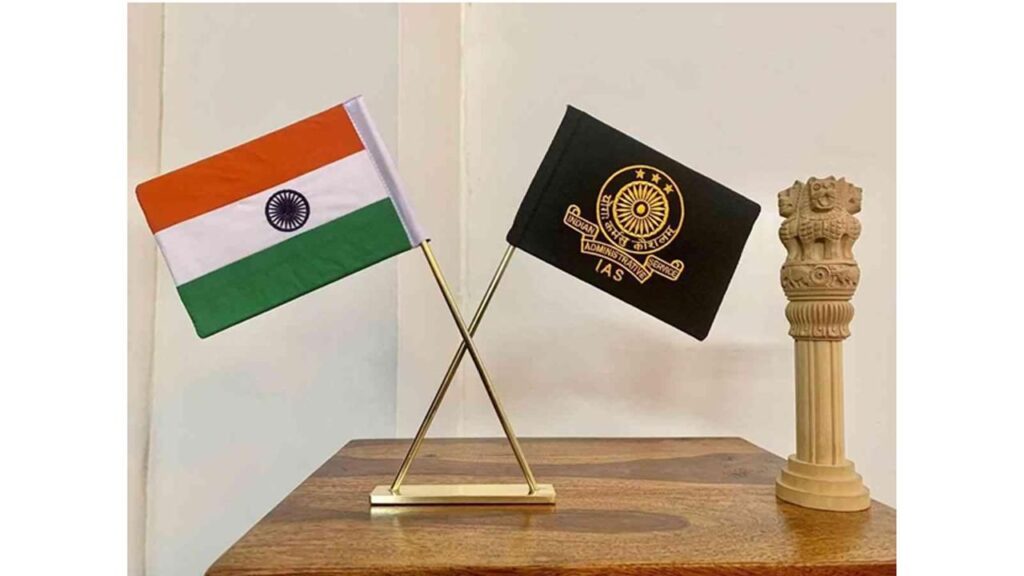
Like her, most of the successful candidates and civil servants that Indian Masterminds contacted are of the view that although an engineering degree might add a little extra edge to a person’s UPSC preparation, at the end of the day, it is hard work, will and determination that help a candidate to successfully clear the exam.

